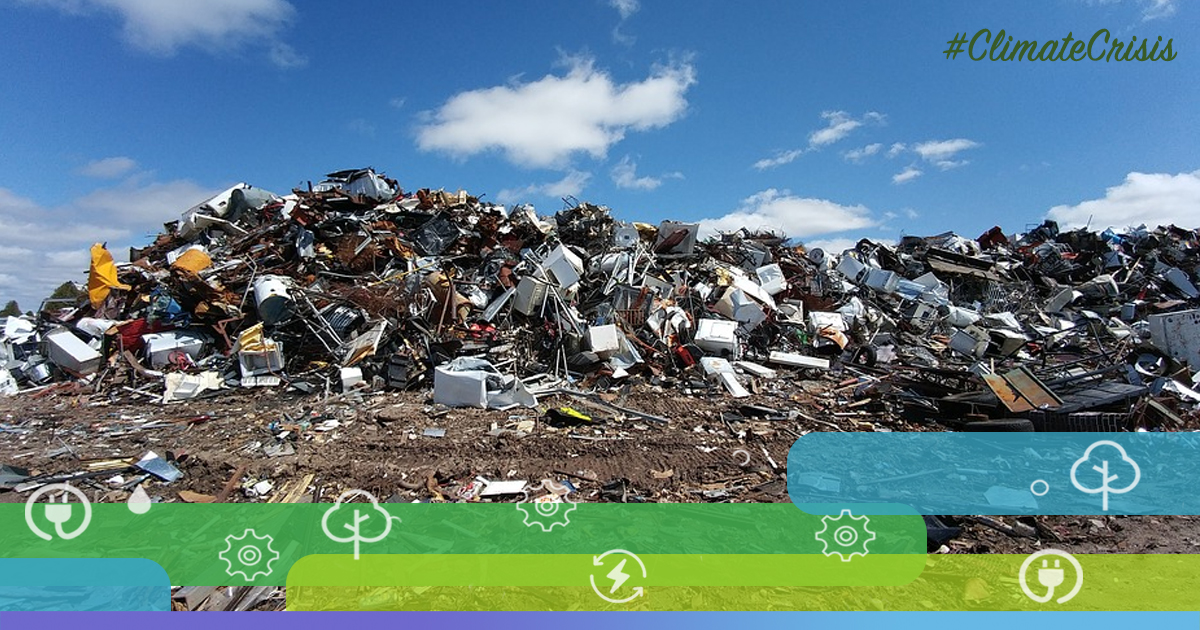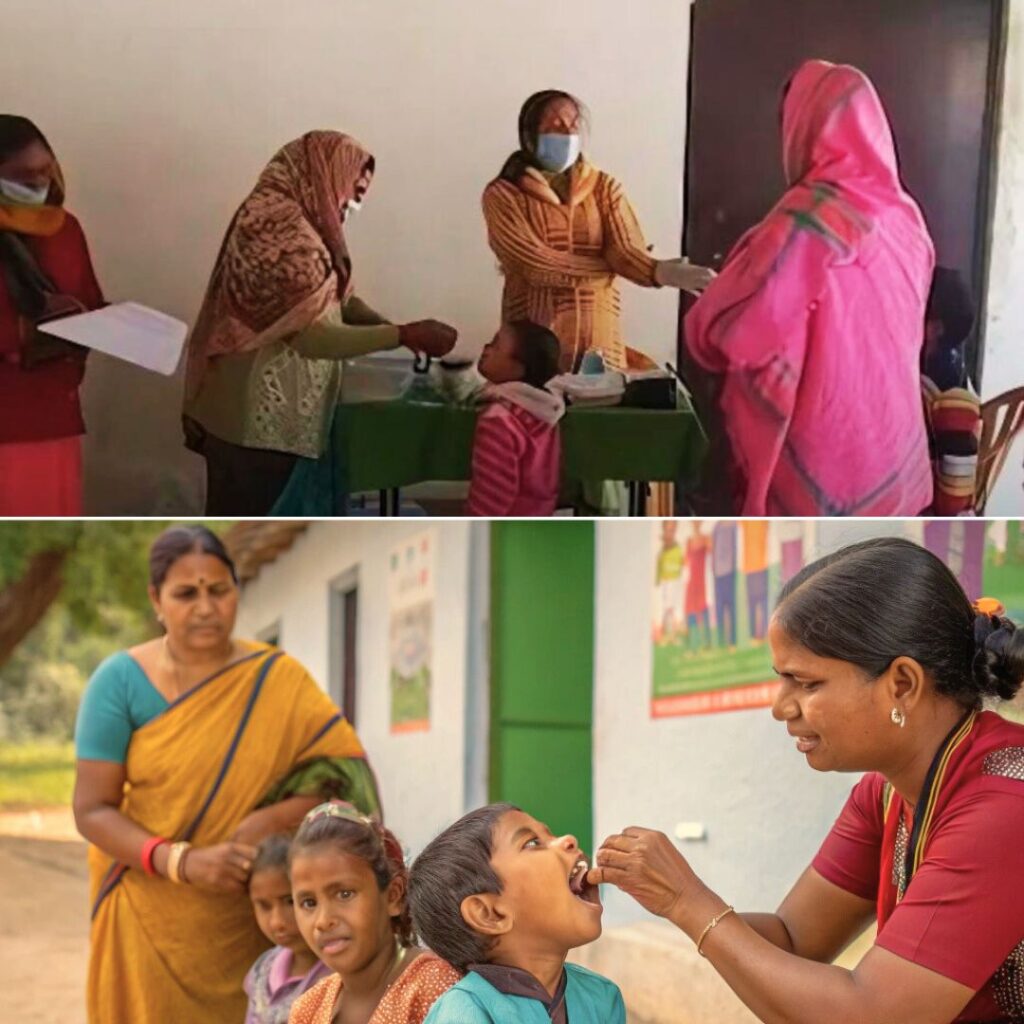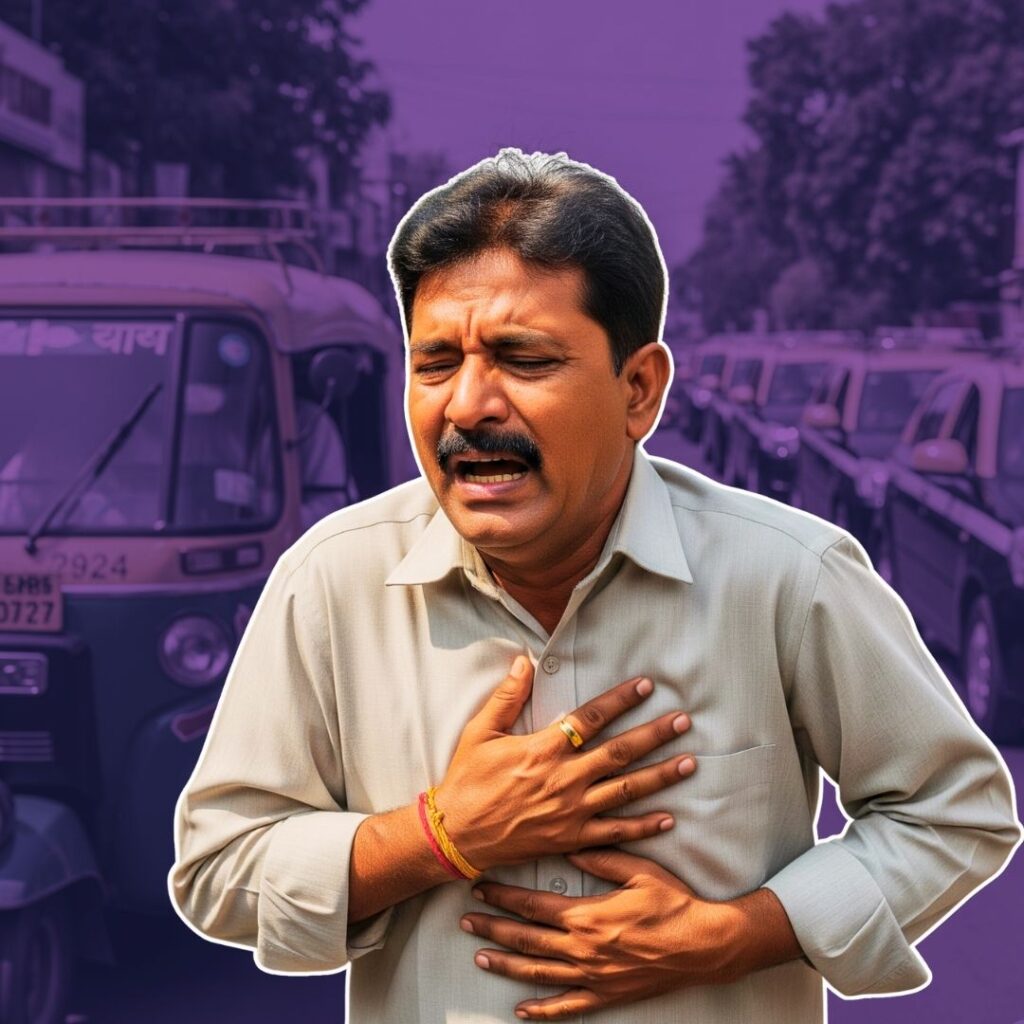As we head into World Environment Day, The Logical Indian will be focusing on the #ClimateCrisis upon us and highlight the harsh realities about the environment we are living in. It will be our effort to bring out the true picture of the situation and offer ideas and solutions to mitigate the problem.
India, a country with a population of 1.3 billion, is struggling with waste management due to rise in waste generation. According to the recent data, India, which houses 377 million urban people in 7,935 towns and cities generates 62 million tonnes (MT) of municipal solid waste per annum.
However, what is raising the eyebrows of environmentalists is the fact that of the 62 million tonnes of waste generated, only 43 million tonnes of waste is collected and of this 31 MT is dumped in landfill. Lack of proper implementation of waste management at the grassroots level has rapidly filled landfills.
A surge in landfills near cities not only results in foul smell but also damages one’s health. From causing asthma to lung cancer, researchers have found that landfills result in several diseases. Apart from these, landfills now rank third in raising the global temperature by emitting greenhouse gases.
One of the major reason behind rising the garbage dumps and excessive waste generation is the stupendous rate of urbanization in the country.
The country is witnessing a 31.16% rise in the rate of urbanization. This has multiplied the municipal authorities work to collect waste from every pocket of the city.
Another important reason that has led to a significant rise in waste generation is the increase in disposable income. In a study conducted in over 500 households in Hyderabad, it was found out that ‘High-income households’ produced 0.902 kgs of wet waste against ‘Middle income’ households’ 0.887kgs. It is evident that with higher disposable income, spending power increase, leading to higher waste generation.
Metropolitan Cities Struggles To Control Waste
The four top cities that produce the highest solid waste are Mumbai, Delhi, Bangalore, and Hyderabadi. Among these cities, Mumbai has seen a significant rise in daily waste generation by 105% from 1999 to 2016. Mumbai which has also entered the list of top ten wealthiest cities in the world is now producing a whopping of 11,0000 tonnes per day (TDP).
The civic authority in Mumbai have rejected the report published by the Central Statistics Office, but has accepted the increase in population load (12.4 million in the BMC area) is at the forefront of humongous waste production.
A similar trend was seen in Bangalore as well. Recently according to the figures released by the Bruhat Bengaluru Mahanagara Palike (BBMP), it was found that the city is currently producing 5,757 tonnes of garbage per day. The figure is twice, what the city produced four years back. The city’s population cannot be overlooked as the primary reason, as it has increased by 46.68% in the last decade.
The national capital of the country- Delhi, which is considered as one of the most polluted city on earth holds the second position in generating the highest amount of trash. Delhi produces waste upto to 8,700 TPD.
Shockingly, Hyderabad, which is regarded as the most affordable Tier – 1 city ranked fourth in a solid waste generation but topped in highest per capita waste in India with 570 gm per day/ person. The city will also be generating 40,230 MT of e-waste this year.
The Possible Solution
To tackle this growing menace of waste generation, the civic authorities have to implement better waste management solution at the grassroots level.
Here are four key points that will open the door for better waste management in the country.
Waste collecting methods: As of now, garbage is collected at doorsteps in most municipal corporations in India. However, over the years, it was found that this method severely failed due to lethargic employee mindset as they evade duty. The authorities should put a working system in place, to get feedback and take action on irresponsible employees.
Waste Segregation: To make the “Swachh Bharat” vision successful, the government needs to educate people about the importance of waste segregation. Citizens of the country need to actively segregate waste for higher recycling output. Effective waste segregation means less waste goes to landfill.
New Policies and Acts: Authorities needs to pass more stringent regulations on dumping waste in public places.
Promote Private Partnership: The government needs to give a chance to private players to work alongside the authorities, to make sure advanced technologies in the area of waste management are put to use.
Waste Management-India Urbanizes But Struggles To Tackle Waste Generation. Waste generation and its management have been severely affected because of rapid urbanization, lack of segregation, official apathy and people’s disregard. This article is part of a campaign to create awareness on environmental issues and the #ClimateCrisis that is impending on the earth.
Also Read: Bengaluru: In 4 Yrs, BBMP Has Lost An Estimated 400 Cr On Fictitious Garbage-Collection Vehicles











